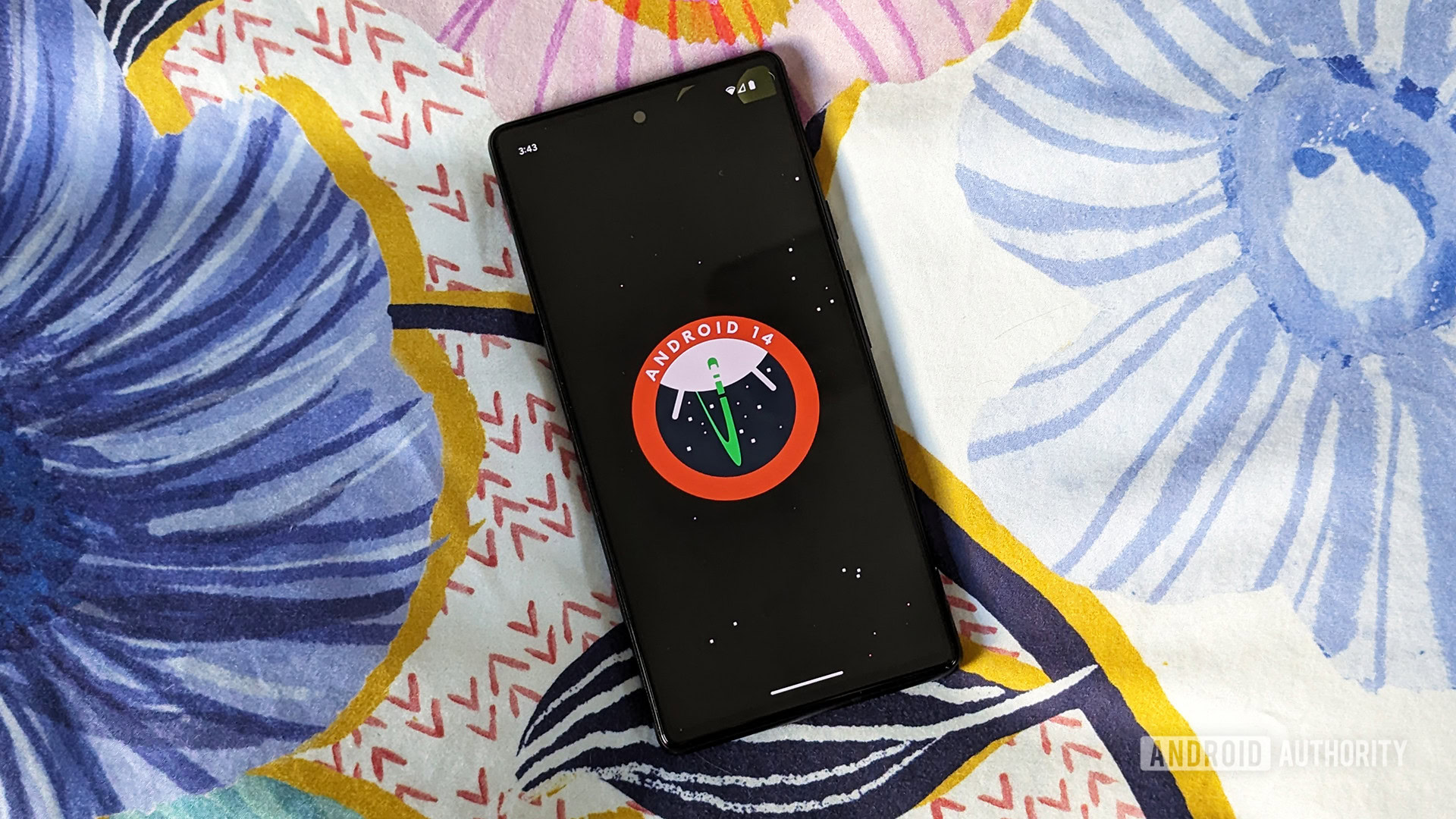Affiliate links on Android Authority may earn us a commission. Learn more.
Is your phone clogged with bloatware? This Android 14 feature might help.
Published onJanuary 3, 2024

- Android 14 has a feature to stop pre-installed apps from consuming memory and battery resources.
- This could potentially have a significant impact on battery life and performance.
- The feature is reportedly enabled by default, but OEMs can still opt out of it.
Android 14 has been available on a variety of smartphones for a few months now, but it looks like new features and tweaks are still being discovered in this software. Now, a trusted source has revealed a rather handy feature to combat the effects of bloatware.
Android code sleuth Mishaal Rahman revealed on Patreon that Android 14 contains a feature that should reduce the memory and battery usage of pre-installed apps. More specifically, Rahman explains that Android 14 will “scan” system partitions upon first booting up. If a new app with a so-called “exported launcher activity” (an app that can be launched via a home screen icon) is detected during this scan, the app will be put into a “STOPPED” state until it’s opened by the user.
“This means that many preloaded apps that are launchable by the user won’t consume system resources until the user actually launches them,” the Android expert explains. He also points to Google’s description of the feature, which notes that it “significantly reduces the system resource (for example, memory or battery) usage.”
How will this work in practice?
Google indeed plans to enable this feature by default in AOSP, but it will apparently allow Android OEMs to opt-out if they wish. OEMs can also opt into the feature but add specific preloaded apps to an allowlist so they can consume system resources without being launched first.
Interestingly, Rahman noted that the GMS bundle given to OEMs to integrate into their software contains several Google apps that are allowlisted. These include Chrome, the Play Store, Photos, Files, YouTube Music, Contacts, and more. This makes sense for most Google apps, as barring some of them from accessing system resources could have a serious effect on functionality (e.g. contact syncing, automatic app updates, general data syncing).
Either way, this seems like a great way to combat the effects of pre-installed apps. But we do hope that OEMs actually adopt the feature, even if they end up allowlisting some of their own apps. After all, what’s the point of offering a feature like this if Android manufacturers don’t hop aboard?